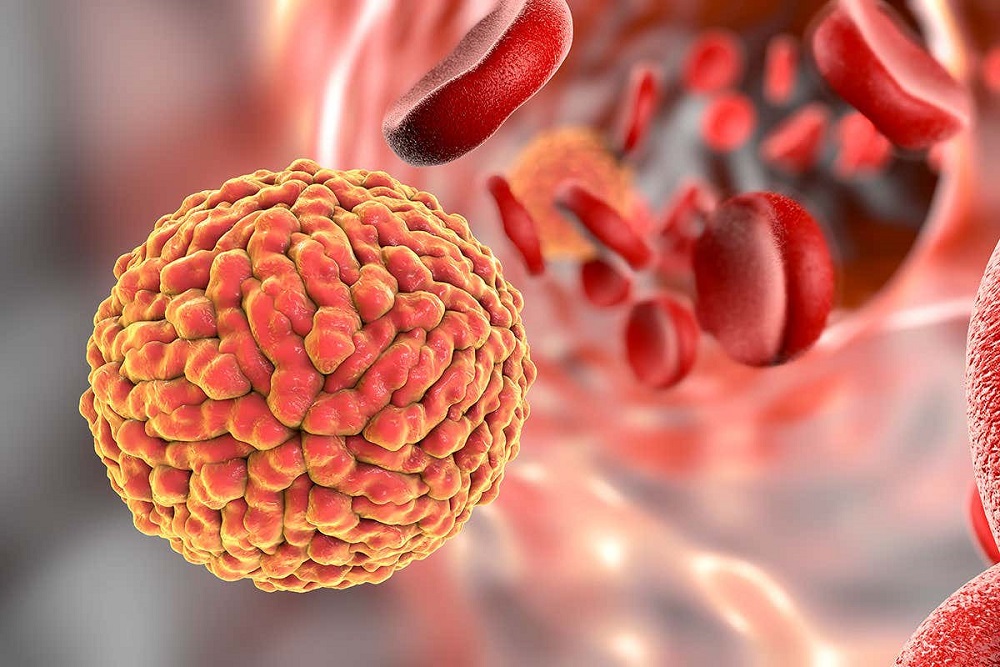Scientists from the University of Adelaide have declared that they are close to developing a vaccine against the Zika virus.
Presently the vaccine has proved successful at protecting mice against the virus, which is poised to lead to global elimination of the virus potentially.
Dr Grubor-Bauk, a senior research officer with the Adelaide Medical School, said the team had developed a novel vaccine against Zika that proved effective in mouse models.
This development creates hope toward finding a cure since, currently, there is no approved vaccine available to protect people from the disease.
In February 2016, the World Health Organization (WHO) declared the Zika virus epidemic an emergency. The virus, which was first identified in Uganda, had spread to 60 countries and been sexually transmitted in six of them.
The epidemic prompted scientists around the world to find a way to combat the virus. This breakthrough is the closet any of them has come to developing a vaccine.
The research was done in partnership with eminent global vaccine scientist Professor Dan Barouch, director of Harvard Medical School’s Centre for Virology and Vaccine Research (CVVR) at Beth Israel Deaconess Medical Centre; as well as Adelaide’s Professor Sarah Robertson, Director of the Robinson Research Institute, University of Adelaide; and other scientists from the universities of Adelaide, South Australia and Flinders.
About Zika virus
Zika virus is a mosquito-borne flavivirus which can cause microcephaly (a congenital disability where a baby’s head is significantly smaller than expected) and severe congenital disabilities in infants born to infected mothers.
The disease was first discovered in Uganda in 1947 in monkeys and was later identified in humans in 1952 in Uganda and Tanzania.
The first recorded outbreak of the virus was reported from the Island of Yap (Federated States of Micronesia) in 2007. This occurrence was later followed by a massive outbreak in French Polynesia in 2013 and other countries and territories in the Pacific.
In March 2015, Brazil reported a massive outbreak of the virus, and in July 2015, found to be associated with Guillain-Barré syndrome. The Brazil epidemic led to the discovery between Zika virus infection and microcephaly.
Outbreaks and evidence of transmission soon appeared throughout the Americas, Africa, and other regions of the world. Till date, a total of 86 countries and territories have reported evidence of mosquito-transmitted Zika infection.
Advance method of developing vaccines
Scientists at the University of Queensland have also discovered a new platform for developing flavivirus tests and vaccines in the form of an insect-specific virus.
According to them, they have developed a new technology that produces a safer insect-specific “hybrid” virus that can affect house genes from related illnesses such as Zika. The scientists said their new method would accelerate vaccine development.
The new recombinant platform serves as a flexible and non-infectious tool for investigating vaccines for various mosquito-borne diseases such as Zika, yellow fever, and dengue.







